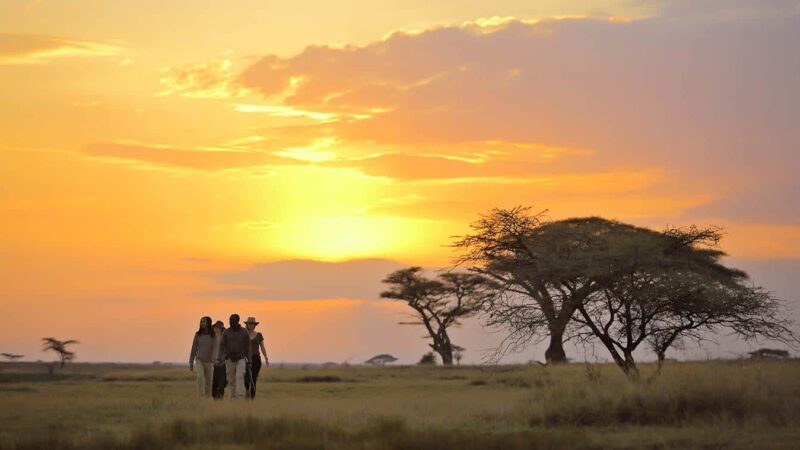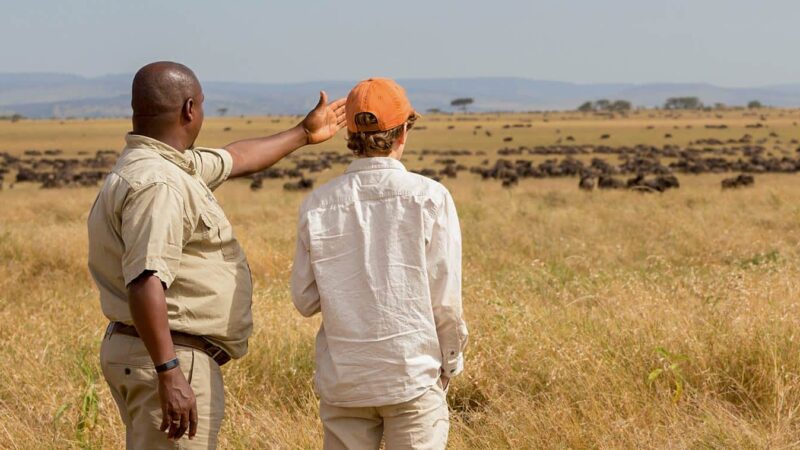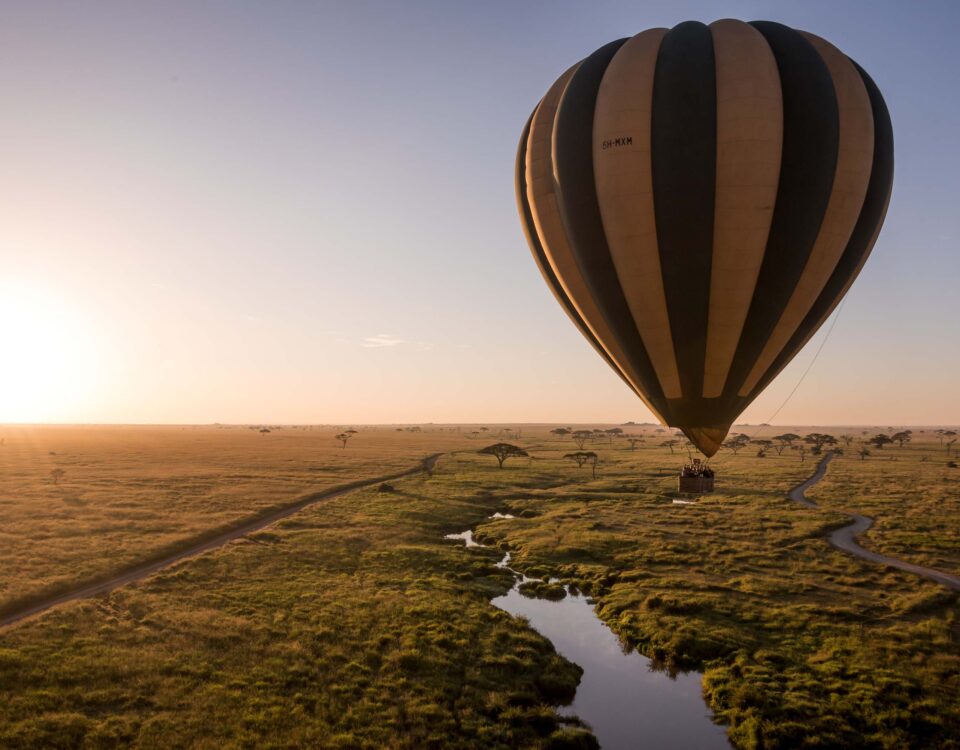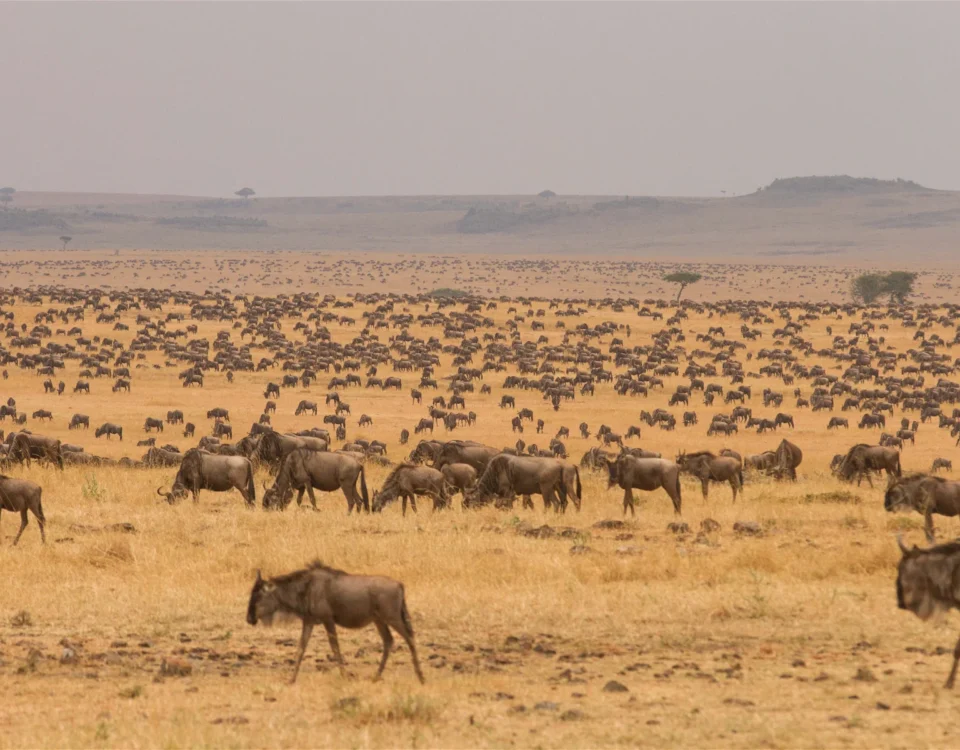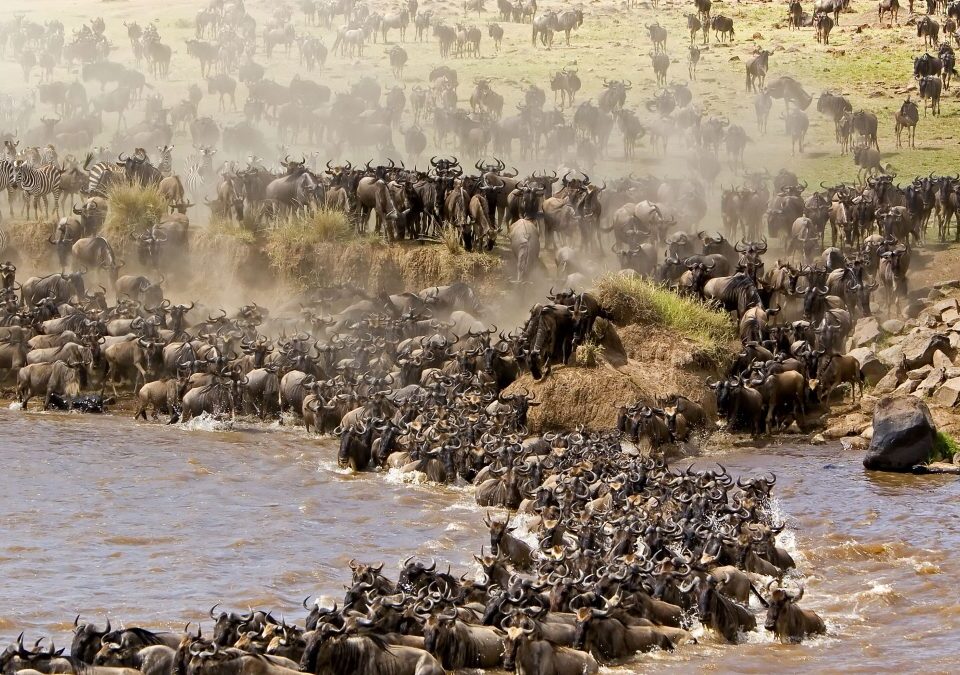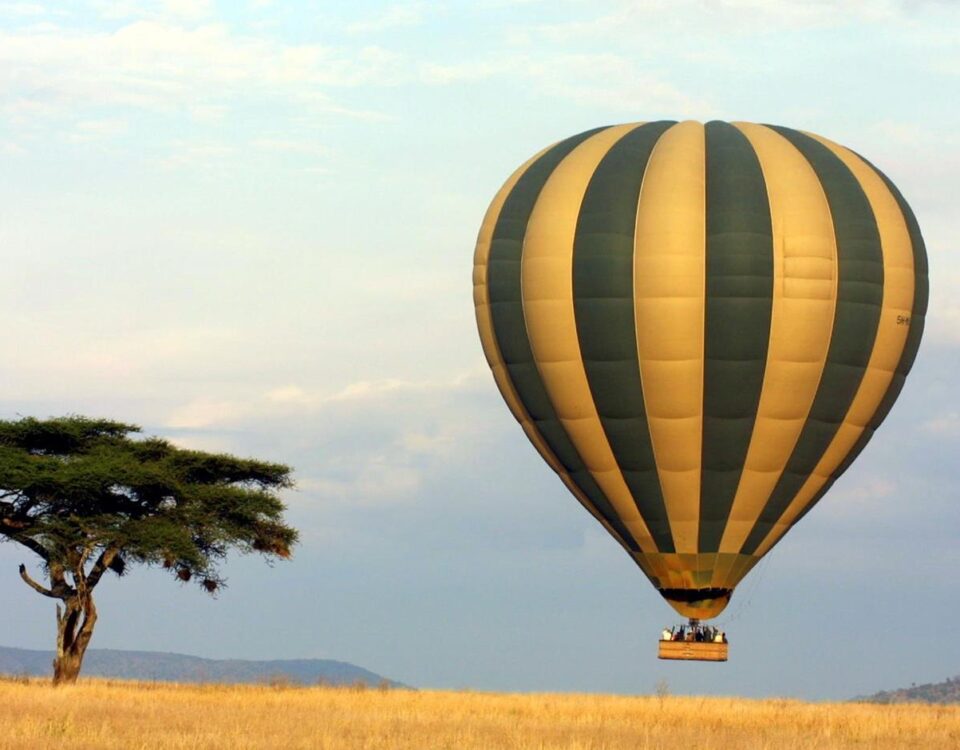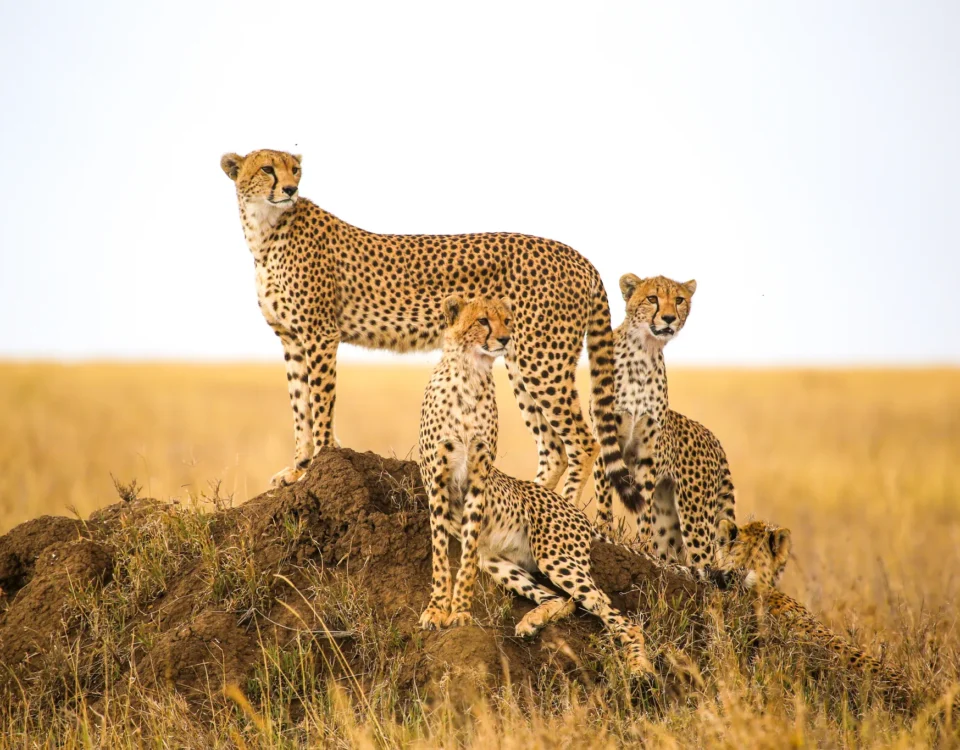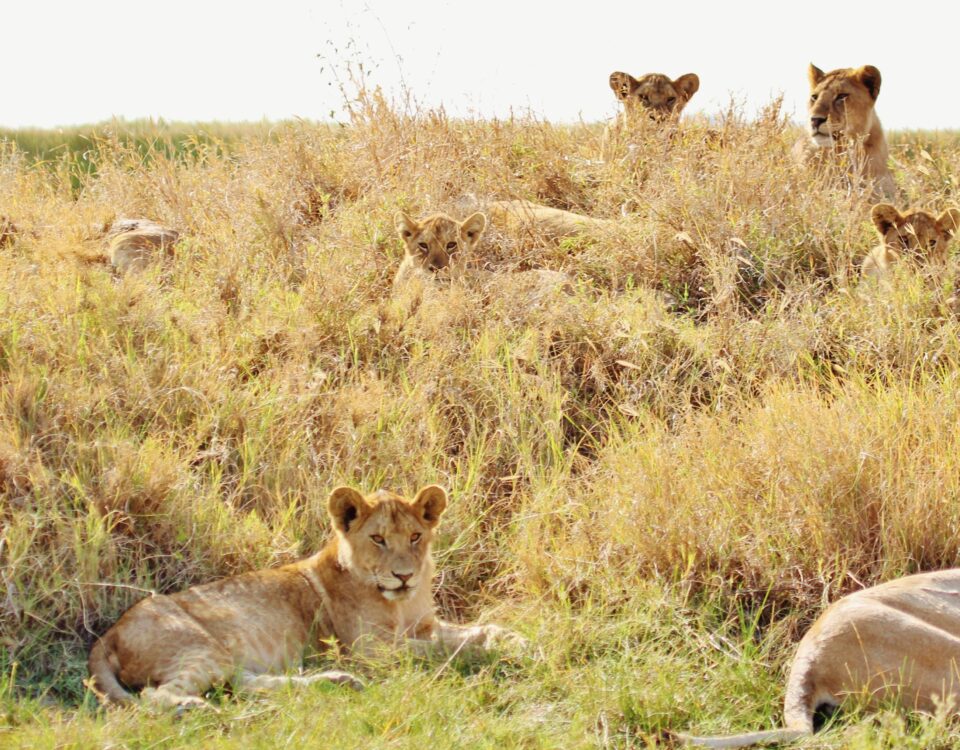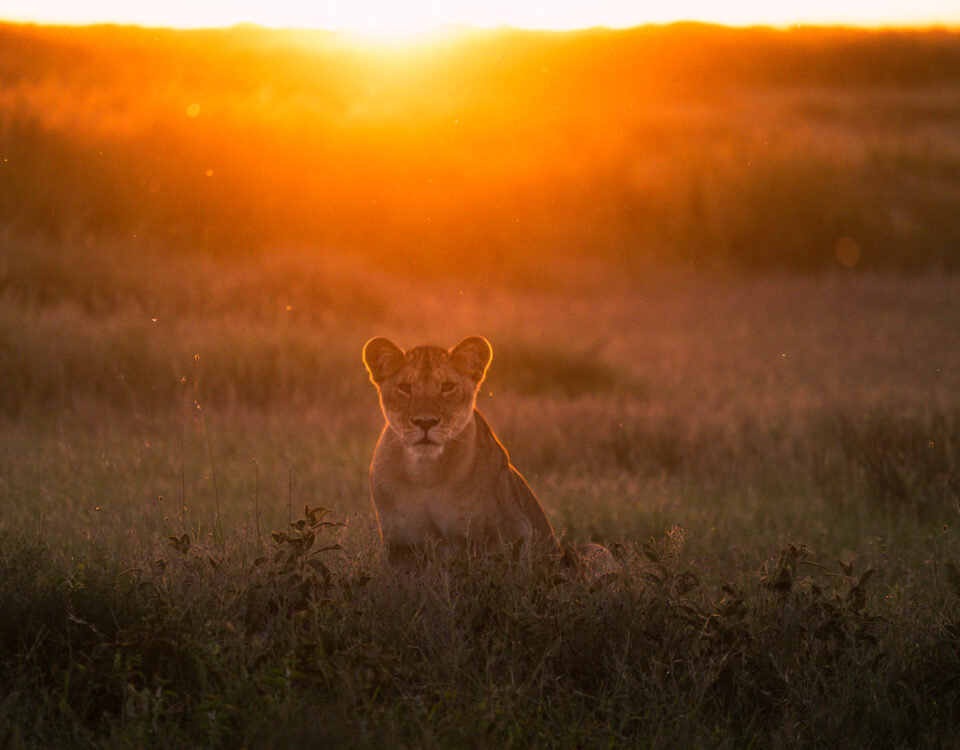Kenya Hot Air Balloon Safaris: Elevating the Safari Experience
Kenya, a quintessential safari destination, offers a unique and captivating way to experience its stunning landscapes and diverse wildlife: hot air balloon safaris. Floating gently above some of Kenya’s most iconic national parks, Kenya hot air balloon safaris provide a serene and panoramic perspective of the country’s natural beauty. This detailed guide explores the enchanting world of hot air balloon safaris in Kenya, including premier destinations, the overall experience, and practical tips for making the most of this extraordinary adventure.





